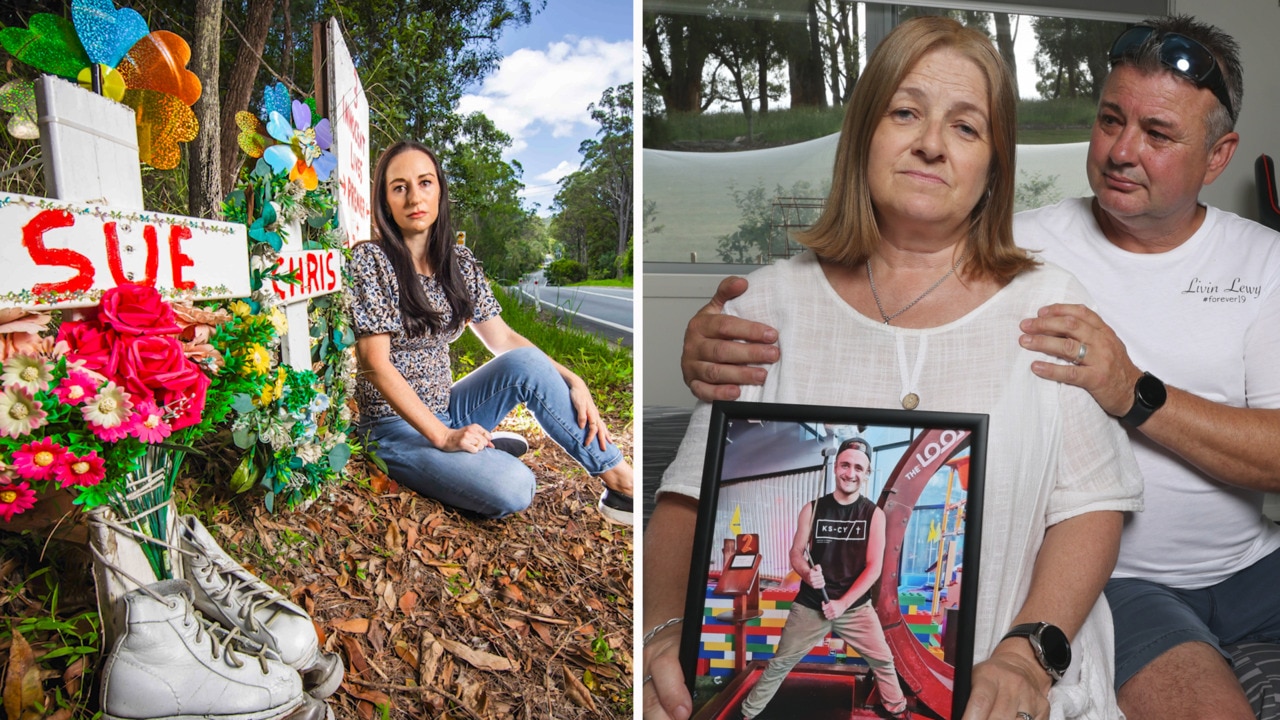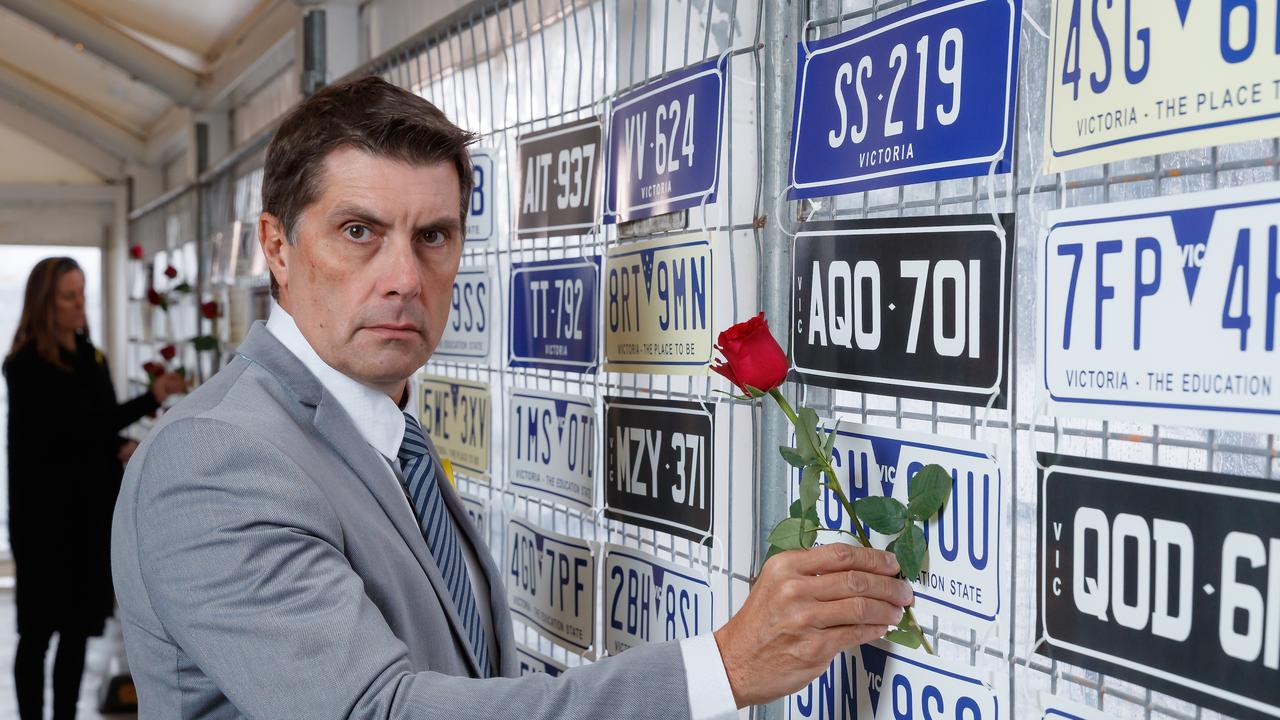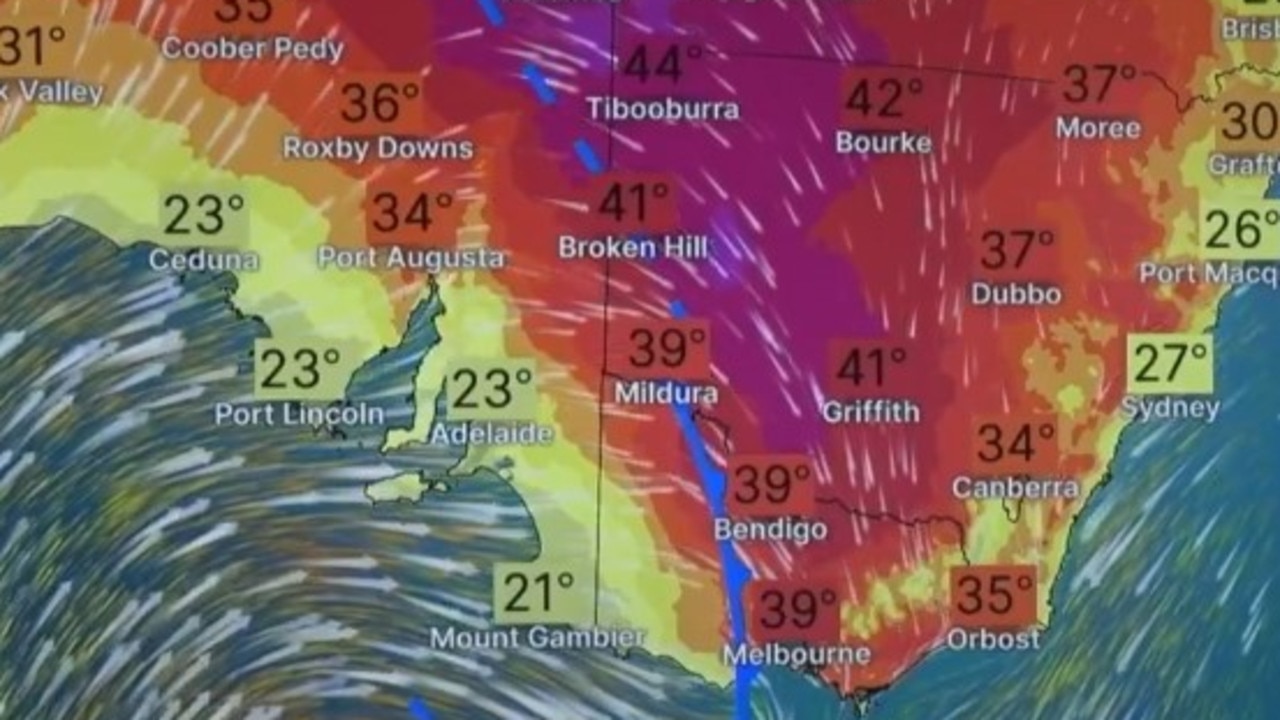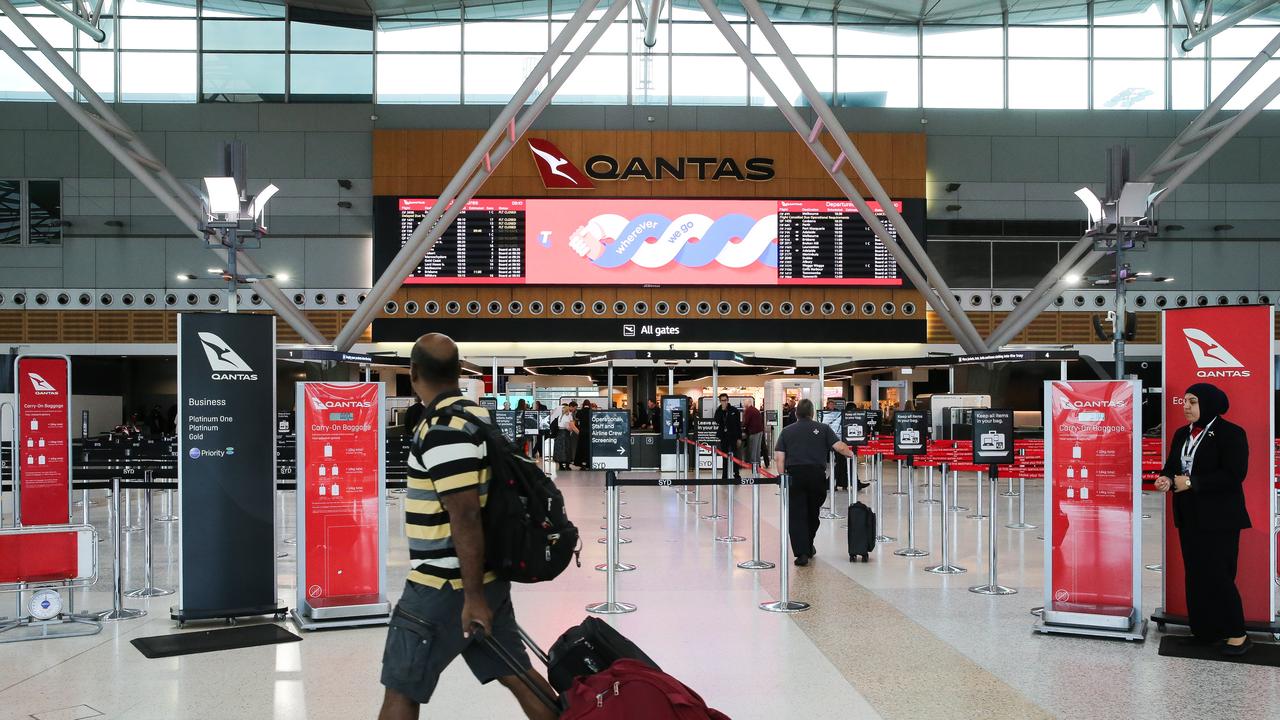Police cite post-Covid apathy as cause for drivers’ lack of respect for road rules and safety of others
Aussies are being urged to snap out of a worrying trend that has been increasing on roads since the Covid-19 pandemic before it is too late.

National
Don't miss out on the headlines from National. Followed categories will be added to My News.
Drivers post-Covid have “less respect for the law and for other people”, as a huge sense of apathy creeps in.
Founder and chair of the Australian Road Safety Foundation Russell White says Australians now view driving as an entitlement rather than a privilege and do not take personal accountability.
“What we’ve seen post-Covid is a change in the way people view the world in terms of their own safety, we’ve become more individualistic. Police officers are reporting to me that behaviour has changed and there’s less respect for the law and for other people,” he said.
“It’s difficult because we’ve got to change how we view responsibility and accountability and community connection, and that starts in our preschools and primary schools.”
Mr White’s comments follow a warning by Australia’s top traffic police of the fatal five factors – speed, seatbelts, alcohol and drugs, phones and fatigue – causing road deaths, as drivers embark on Christmas travel.

Mr White explained that people involved in car accidents will try to deflect blame, rather than taking ownership of the situation.
“The condition of the road or the weather may have been contributing factors in a crash, but often the fault lies with the individual,” he said.
“If we drill it down, that’s where the apathy comes from. It’s never as clear-cut as someone saying they played a role in a crash.
“In human nature, we tend to justify these things because we’ve made a mistake and we don’t want to admit fault.”
Mr White said driving should be a lifelong learning pursuit and perceived as a skill to master, rather than something learned at a rudimentary level as a teenager.
That would involve changes to the licensing system which, aside from the introduction of the logbook, has barely changed in decades.
“Our system is currently based on the fundamentals of driving and it’s like giving someone a preschool education and expecting them to pass the HSC, but that’s what we do” he said.
“You don’t just arrive at a high skill level, you’ve got to be coached into doing the right thing – we get this basic level of education and we don’t develop personally as a driver.”
He explained part of the problem is that road incidents are often viewed as state or police issues, often dealt with by fixing problematic roads or developing new infrastructure.
While those solutions do make a difference, they’re only Band-Aids and don’t address the underlying social issues.
Social change is achieved with consistency over time, Mr White said, but short-term changes could involve incentives for good behaviour and education about how anything from stress or a tight grip on the steering wheel grip can cause a crash.
More Coverage
Originally published as Police cite post-Covid apathy as cause for drivers’ lack of respect for road rules and safety of others








